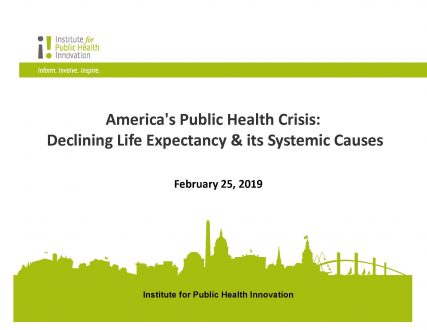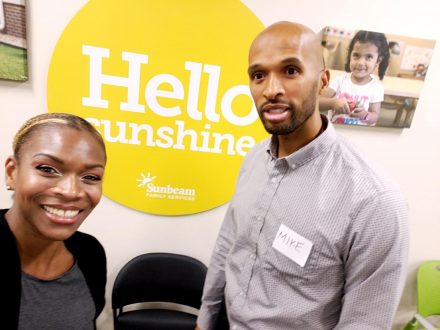Food Equity Council Leads COVID-19 Food Assistance Response in Prince George’s County, Maryland
Since the COVID-19 crisis began in March, the Prince George’s County Food Equity Council (FEC) has been one of the leading organizations for Prince George’s County’s COVID-19 food assistance response. Housed at IPHI, the FEC’s work has focused on coordinating the diverse partners and County agencies working to address the food assistance response and support residents. During the COVID-19 response, the FEC has increased the support and services it provides to vulnerable residents and communities.
During the month of April 2020, the FEC achieved the following:
- Provided direct food donation coordination to partners resulting in over 10,000 prepared meals delivered to residents in need;
- Conducted resident food navigation services including connecting residents to food assistance providers;
- Created and launched the County’s only comprehensive online food assistance directory which has received over 13,000 hits since it launched a month ago;
- Coordinated with 211 and the Health Department’s COVID-19 hotline to direct staff to relevant food resources;
- Provided County Council members and the County’s Library System with resources to share with their clients and constituents;
- Co-Hosted bi-weekly virtual convenings for over 70 food assistance providers, non-profit partners, and County agencies and leadership in partnership with the Department of Social Services.
- Coordinated daily with the County Executive’s office, County agencies, regional food councils, and the philanthropic community to ensure we are taking advantage of resources available and implementing promising practices and that there is widespread awareness of the food access needs of residents;
- Coordinated with food businesses such as regional food hubs, restaurants, farmers markets, and growers to connect them to market opportunities that address both their needs and the needs of food-insecure residents; and
- Provided educational resources and advocacy support for food businesses, growers, farmers markets, and restaurants.
While ramping up efforts to address urgent direct food assistance needs to residents, the FEC remains dedicated to contributing to long-term solutions and building infrastructure to help prepare the County for a future food assistance crisis management.
For more information on the Prince George’s Food Equity Council and to find out how to provide support, contact Sydney Daigle, sdaigle@institutephi.org.

